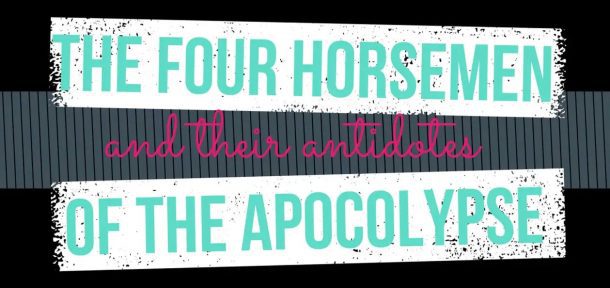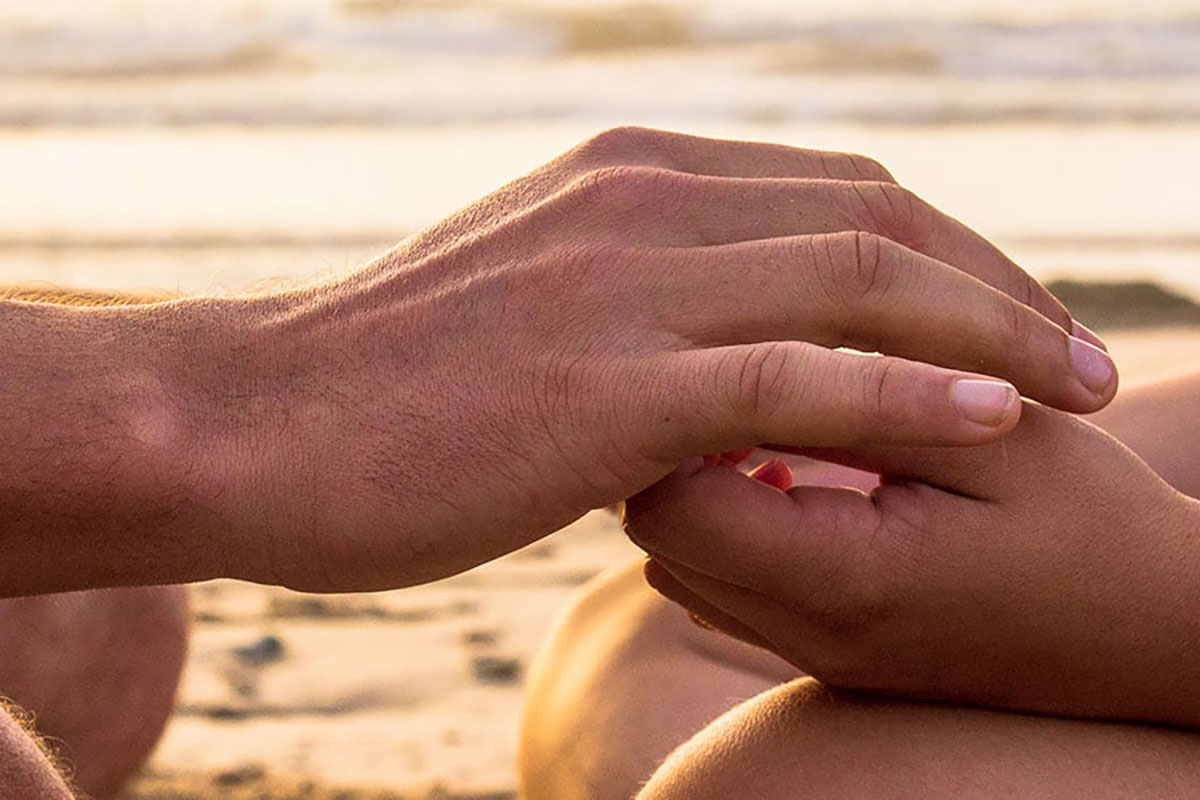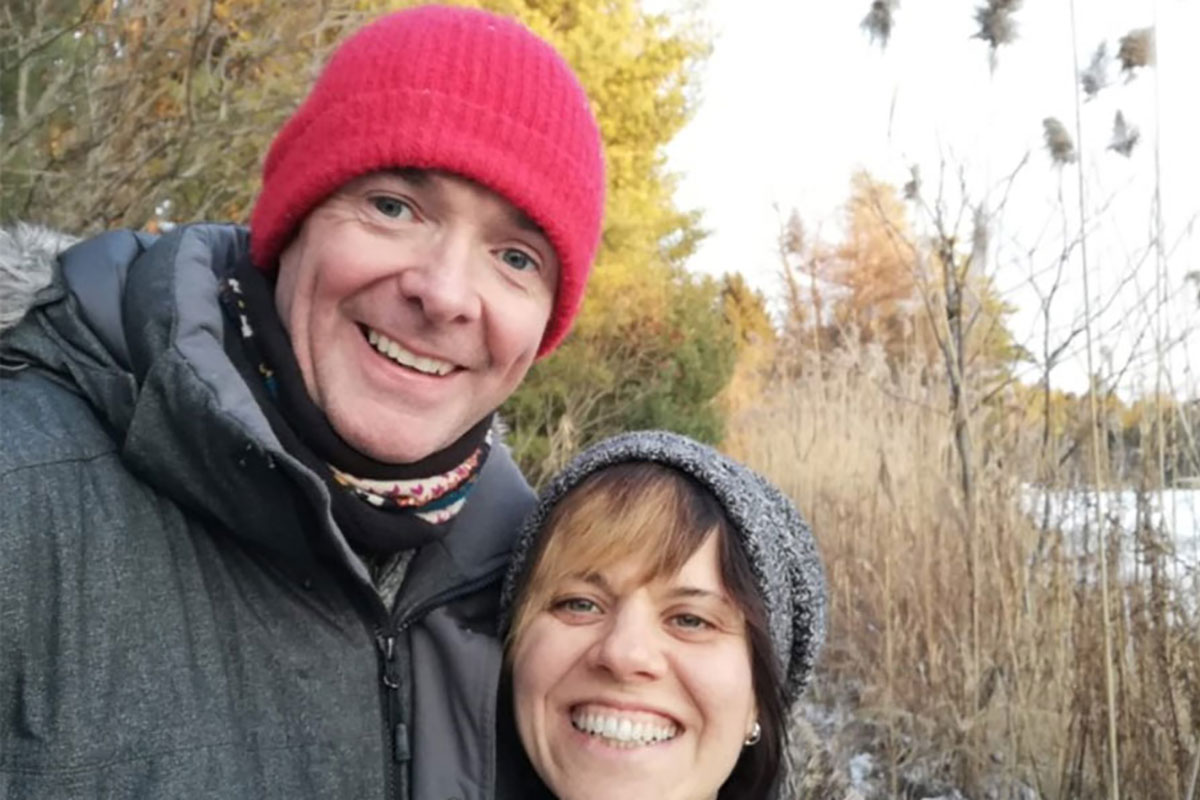There is lots of guidance online about how to take care of your mental health this time of year, which is really necessary as the winter sets in and the hectic holiday rush begins. In this blog, I hope to explain a particular type of therapy and how what it teachings might be useful this season. Then at the end, I can’t help myself but give some tips and skills that may or may not be of use to you. I also want to share how I have found this useful in my personal life.
Explaining Dialectical Behavioural Therapy
In 2015, I started studying a type of therapy called Dialectical Behaviour Therapy (DBT) and found the theory and application of it very useful in my daily life. Here is a very brief overview bearing in mind it would not be possible to fully describe it in this short blog so any DBT purists, please be kind.
Dialectical
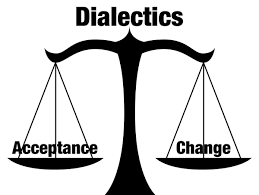
Dialectical means that two apparently opposing ideas can be true at the same time. As someone who has a diagnosis of PTSD and anxiety, this requires a bit of mental gymnastics on my part. Often people with PTSD, anxiety or other forms of neuro divergence view things in terms of right and wrong, safe and dangerous and this can serve a function but if it is the only show in town, it can reduce the ability to live in the grey area or deal with the complexities of life where things are not often clear cut.
Rather than feeding an “Either/Or” point of view, thinking dialectically encourages a “Both-And” point of view. This means there is more than one way to think about a situation or problem which can create new ways of viewing the situation.
An example of a dialectic that is central to DBT is the idea of acceptance and change. These may appear as opposites but when viewed together can lead to growth and increased calm. For instance accepting that Christmas probably will come with challenges in terms of stress, mental health and busyness whilst also working towards change through engaging in self care, emotional regulation and effective communication skills is one way I try to use dialectical thinking around the holidays.
Behaviour
This one is easy to explain and amazingly powerful. Anything that someone does that can be reinforced or rewarded is seen as a behaviour. A reinforcer is something that increases the likelihood of the behaviour occurring again. For instance, when I compliment my friend (behaviour) and they thank me (reinforcer) they increase the likelihood that I will compliment them again.
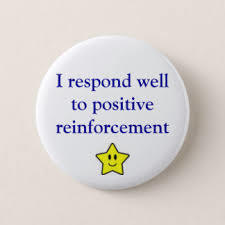
We can harness this phenomenon to guide our behaviours towards the goals that we consider worthwhile. When I struggle with motivation to get started doing my blog posts, I agree with my partner that I will give them $5 if I don’t get started by noon and do at least an hour of writing. In this way, I increase the likelihood of achieving my goal. I use this method around many tasks that I struggle with and it has changed my life for the better. I also positively reinforce myself by doing something nice like having some chocolate after an hour of work.
Therapy
The type of training a DBT therapist does in order to engage in full DBT is extensive and there are many techniques and points of view that a DBT therapist uses when working with clients (too many to go into detail on here). However, the main aim is to keep people healthy and engaged in working towards a set of self defined “life worth living goals”. A DBT trained therapist will validate and understand how difficult it is to make changes in life and at the same time encourage and kindly push you forward towards your self defined goals. A fully comprehensive model of DBT involves 4 modes of treatment (group, individual, skills coaching, consultation team) however some therapists (me included) are trained in DBT skills and individual therapy and use a DBT informed approach.
How can a DBT informed approach be useful around the holidays?
Using acceptance and change will be an important one for me over the holidays as I interact with friends and family that I might not have seen for a while. I try to accept other people and see the best in them but I also know that I have my limits and I often need to take time away from people to declutter my mind and relax. For instance, if I get into hot topic conversations about politics or social justice, I know that I can try to empathise and understand other people’s perspective and emotions (acceptance) and I can also choose to end, restate my point of view, explore their point of view further, set boundaries or change the conversation (all change behaviours). The skill comes in trying to do this while achieving what I consider to be a healthy outcome that is in line with my values and relational goals.
Another example of dialectical thinking is knowing how the busyness of the shops and the city impacts on my stress levels, and accepting my own limits around how much I can take of such an increased pace. Planning to take breaks while out and about as often as I need whilst consciously not feeding the common narrative around having to buy gifts for everyone is a practice in the art of change. Combined, this acceptance and change fits into a dialectical way of approaching the holidays.
Behaviour
If there are some personal behaviours that you would like to change over the holidays then looking at the thoughts, feelings and events that lead to that particular behaviour can be a great way to gain more knowledge and potentially lead to a more positive outcome. DBT suggests using a method known as “chain analysis” to explore this.

For instance, being around friends and drinking more during Christmas used to be a behaviour that I wasn’t very happy about, as I would feel hungover the next day. Using the chain analysis model I began by exploring what were the vulnerability factors such as feeling stressed, socially anxious or Hungry, Angry, Lonely, Tired (HALT). Then the prompting event was being at a party or at an event. The links would be going to the bar and not keeping track of how many drinks I had, meeting old friends and reminiscing, that then lead to the behaviour of having too many drinks. Finally, the consequences would be feeling relaxed during the night, having fun with friends, spending too much money, feeling hungover and not being fully present the next day.
Last Christmas, I examined the chain of events to see if I could change it to get the positive benefits without the negative consequences. It was obvious that alcohol was providing a positive reinforcement by lessening the vulnerability factors and increasing positive feelings. Hence, I worked on the vulnerability factors by ensuring I was only meeting people I actually wanted to meet and did not spend too long talking with people whom I did not enjoy being around. I also ensured I was feeling contented and not stressed before heading out. I used behavioural reinforcement by agreeing with a reliable friend that if I had more than 2 drinks I would pay them a certain amount. I also reinforced myself by getting a nice meal with a lovely desert the next day. The consequences were a great time with friends, a sense of achievement and increased confidence as well as a nice meal the next day.

